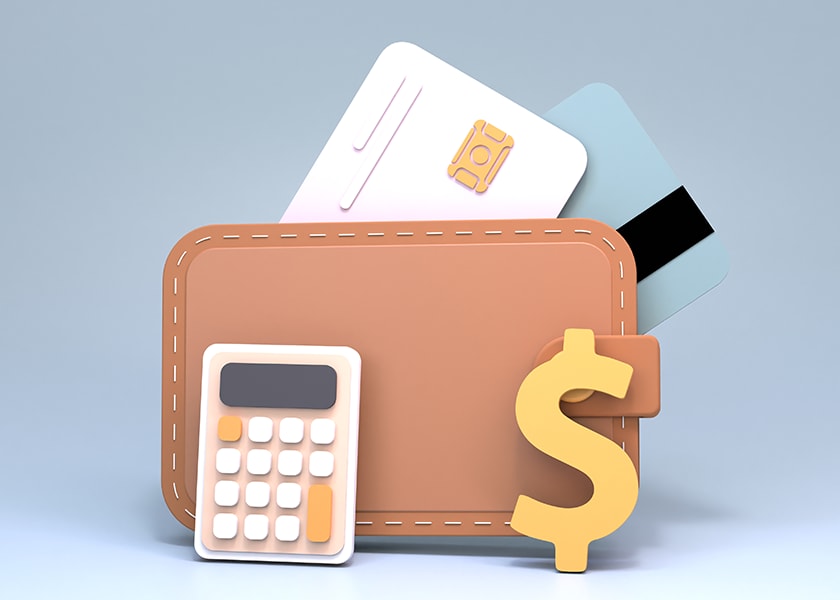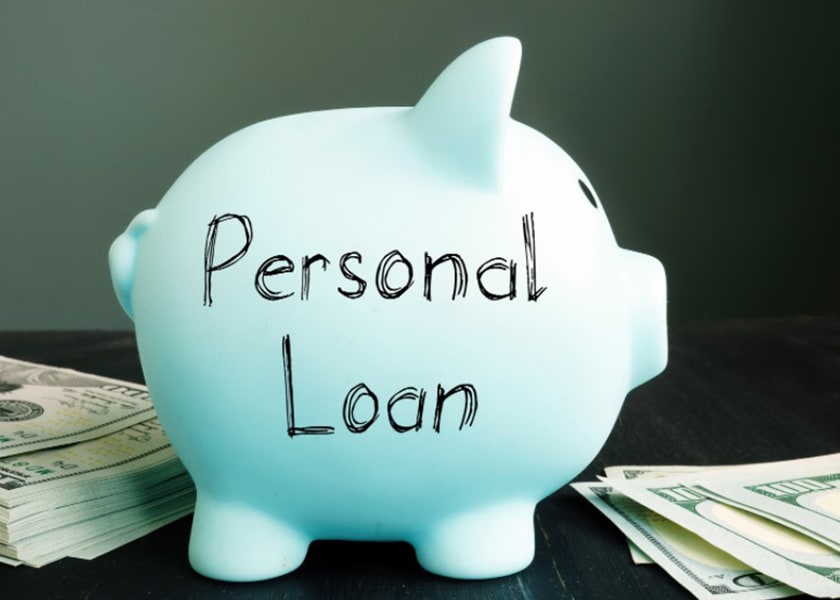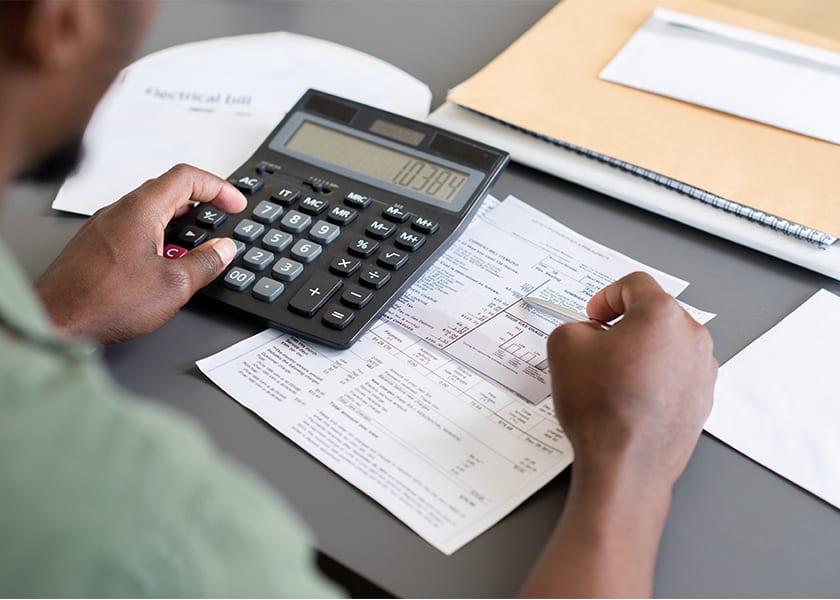Compare Top Lenders
Credible 
Updated 2024
- APR: 6.4% - 35.99%
- Loan Terms: 1-10 Years
- Credit Score: Fair/Good/Excellent
- Amounts: $600-$200,000
The interest rates on personal loans vary widely depending on the type of loan, whether you can make it repayments early without penalty, how big your down payment is (if applicable) and many other factors.
Most personal loan interest rates are calculated based on the simple interest method. This is different from mortgages which are usually calculated using the compound interest method.
The simple interest method calculates the total interest payable as a percentage of the principal loan amount plus any applicable fees and charges during the loan term.
Here is an example of the simple interest method for a $5,000 loan at a 5% APR over 60 months (5 years)
- Starting Balance: $5,000
- Interest Rate 10%
- Interest Charges $1,374.09
- Total Cost over 60 Months $6,374.09
Secured Versus Unsecured Loans
Another key factor in the calculation of a personal loan is whether the loan is secured or unsecured.
A secured loan means you must put up some sort of collateral, such as your car, when you take out the loan.
An unsecured loan does not involve putting up any collateral.
The lender takes more risks when lending money to borrowers that do not provide collateral for repayment, therefore an interest rate on an unsecured loan may be higher than one for a borrower who uses their property as security.
Rates on unsecured personal loans tend to be lower than rates on secured loans because there is less chance of defaulting if there is nothing else at risk other than the borrowed amount.
The Amount You Borrow
The personal loan amount you are approved for in a personal loan will be determined by your credit score. The better your score, the more likely you are to get approved.
The lender will look at your credit report and decide how much they think you can repay based on what is reported about your past financial behavior. If it looks like you have repaid loans responsibly in the past, then they may give you a higher limit than someone with no history of repaying debt. This is because if people pay their loans back responsibly, lenders know that they are less likely to default on future loans or payments which would cost them money in penalties or interest rates.
There is also an income requirement that needs to be met when applying for a personal loan - you need to be able to show that you have enough income coming in every month to repay the loan. You may also be required to prove that you have enough savings or assets if they are asked for, depending on your lender and their requirements.
Once approved for a loan, you will receive terms which includes additional interest rates and fees, so you should always read them carefully. Regulation Z, which was passed by the Federal Reserve Board in 1968, requires lenders to clearly disclose the following information regarding the loan.
- Annual Percentage Rate (APR)
- Any Finance Charges
- Total Amount Financed, Total of Payments
- Number of Payments
- Payment Amount
- Potential Fees & Early Payment Penalties (if any)
Conclusion
In conclusion, personal loans are a great way to get the money you need for a variety of purposes. The rates on these loans vary depending on several factors and it is important that you understand what they all mean before making your final decision about which loan product to choose. A good rule of thumb may be to start with an unsecured loan if possible because there is less risk involved in taking one out.
You should also consider whether securing the loan will help reduce the interest rate by giving security for repayment. If both secured and unsecured options seem promising but have different pros and cons, then try researching reviews from other customers who have chosen each type of loan so see how their experience matched up with yours!















